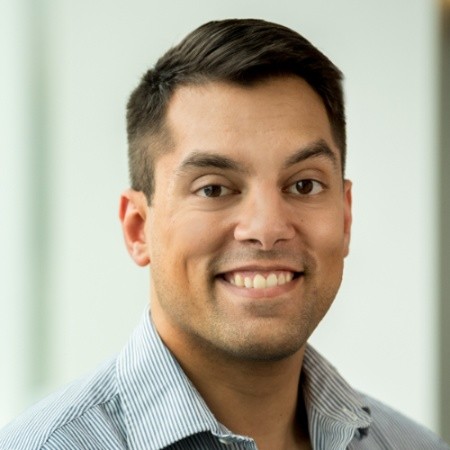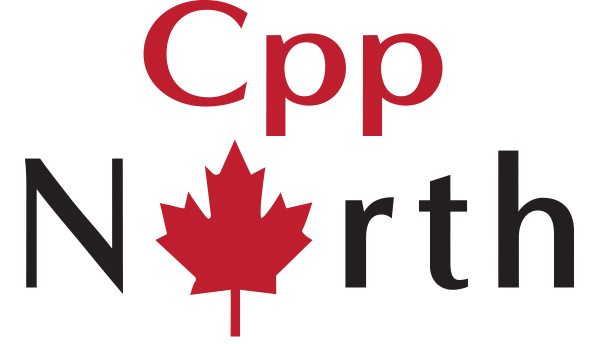Graphics Programming with SDL 3
The C++ programming language does not have a standard graphics library, However, there exists many popular graphics frameworks for cross-platform graphics. In this talk, I will provide an introduction to the Simple Directmedia Layer (SDL) library, which has at the start of 2025 released version 3. This library for several decades has been a standard in the games and graphics industry. Throughout this talk, I will show how to get started with the library, some more advanced examples (including compiling graphics applications to web), and then talk about what a standard graphics library could look like in C++, or if it is even necessary. I will also talk about the 3D GPU library in SDL3. Attendees will leave this talk ready to build multimedia / game applications and with an understanding on if SDL3 is the right tool for them.

Mike Shah
Mike Shah is currently an Associate Teaching Professor at Northeastern University in the Khoury College of Computer Sciences. Mike's primary teaching interests are in computer systems, computer graphics, and software engineering. Mike's research interests are related to performance engineering (dynamic analysis), software visualization, and computer graphics.
Along with teaching and research work, Mike juggles occasional consulting work as a 3D Senior Graphics Engineer in C++ and his YouTube channel https://www.youtube.com/@MikeShah
